Tea Tree Oil For Acne: 10 Expert Tips For Clear Skin
The popular EO has found its way into many skin care products for its acne-fighting properties.
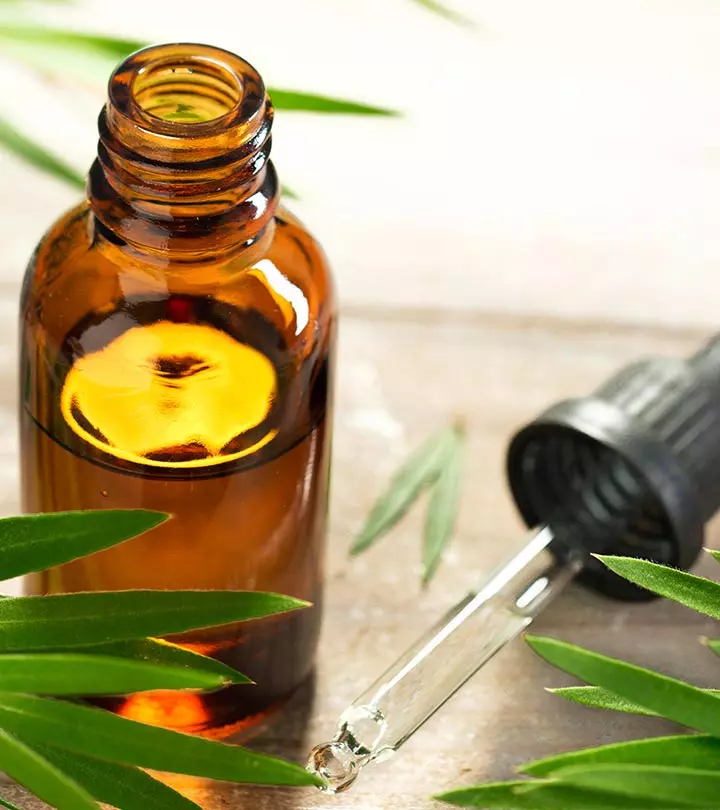
Image: iStock
Tea tree oil is an excellent complementary treatment for soothing mild to moderate acne. Most of us reach out to tea tree oil for acne management and managing occasional breakouts. However, tea tree oil will help with stubborn cystic acnei A form of inflammatory acne that causes the emergence of severe, pus-filled pimples deep beneath the skin's surface. , and you also have to be careful about any allergic reaction. Keep reading to understand how tea tree oil helps with acne-prone skin and learn 9 ways to use it properly. Scroll down.

In This Article
Does Tea Tree Oil Help Acne?
The efficacy of tea tree oil depends on the type of acne you have and your skin type.
Dunja, a blogger, reflected on her journey with oily, acne-prone skin in her blog. She shared, “The biggest improvement I saw three years ago was when I started using tea tree oil (i).” She emphasized the effectiveness of tea tree oil for spot removal and for maintaining clear skin, stating, “After using tea tree oil, I can say that it had made my skin much better and clear with some breakouts that are not so visible.”
Tea tree oil benefits are numerous, especially for managing acne. It can be an effective spot treatment for mild breakouts. However, cystic and hormonal acnei A type of acne that is caused by hormonal changes and is frequently seen during puberty, menstruation, or menopause. will require medical attention. Moreover, essential oils – especially tea tree oil – do not suit all skin types. It is also extremely important that you do a patch test on your forearm before applying it on your face to determine if you are allergic to it.
 Did You Know?
Did You Know?Tea tree oil is among the most used essential oils for acne. But what does the research say about it? Let us find out.
Key Takeaways
- The antimicrobial properties of tea tree oil may help fight acne-causing bacteria.
- Dilute tea tree oil with a carrier oil or calamine lotion before applying it on acne lesions.
- Do not overuse this oil and properly store it to prevent oxidation that can cause skin irritations.
- Avoid using tea tree oil simultaneously with other acne treatments, mixed with facial products, or on broken skin.
Tea Tree Oil Benefits For Acne: What Does Research Say?
1. It Has Antimicrobial Properties
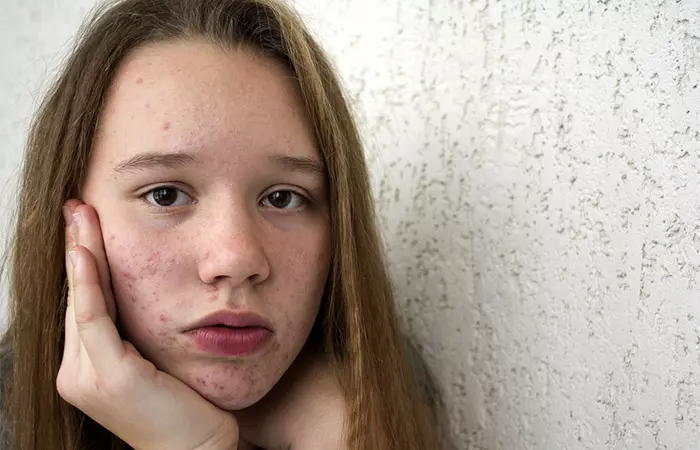
An in-vitro study found that tea tree oil possesses antimicrobial and antibacterial properties due to the presence of a compound called terpinen-4-ol that may help prevent acne bacteria propionibacterium acnes. It found that 5% tea tree oil helped reduce acne lesions (1). It may help diminish blemishes too.
However, tea tree oil can also cause skin irritation and allergic reactions. Improper storage can also affect the efficacy of tea tree oil. If not stored correctly, it may go through oxidation and cause skin irritation (1).
 Quick Tip
Quick Tip2. It Reduces Oiliness
Excessive oiliness is a major cause of acne. A study published by the Journal of Dermatology Research and Therapy states that tea tree oil helps in reducing oiliness (2).
3. It Reduces Inflammation
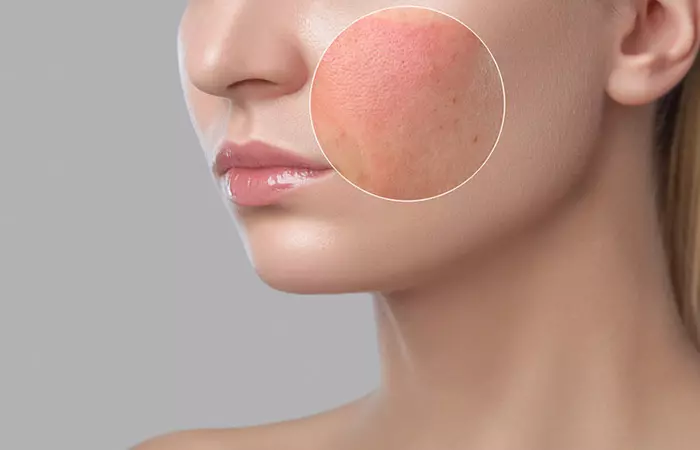
A study conducted at the Royal Prince Alfred Hospital (Australia) found that tea tree oil treated the subjects’ acne by reducing the number of inflamed and non-inflamed lesionsi Acne-related pimples that do not exhibit symptoms of inflammation, such as redness, swelling, or pain. . Although it took a longer time than benzoyl peroxide to show results, it also displayed comparatively fewer side effects (3). CCaution: Oxidized tea tree oil can irritate the skin and mucous mucous membranesi An epithelial tissue that borders the respiratory tract and digestive tract and secretes mucus, a sticky lubricant that forms a barrier. . It may cause a burning sensation, itching, rashes, stinging sensation, and other allergic reactions (4). To prevent oxidation, store tea tree oil in a dark bottle, away from sunlight and in a dry place. Also, whenever you are buying tea tree oil, purchase a product with 5% or lower concentration of tea tree oil. A higher concentration may cause adverse reactions.
If you are wondering how to use tea tree oil for acne at home, check out the DIY recipes given below.
10 Ways To Use Tea Tree Oil For Acne
1. Pure Tea Tree Oil
Tea tree oil may relieve clogged pores and aid sebum regulation. But on its own it may cause skin irritation which can be avoided by pairing it with a carrier oil. Dilute 1-2 drops of tea tree oil with a carrier oil (jojoba oil) and use a Q-tip to apply it to your acne. Leave it on for 5-10 minutes and then wash it off. Repeat this process once daily.
Note: You may feel a mild stinging sensation when following this remedy, which is normal. But if it stings really bad, do not continue with this remedy.
2. Lavender Oil And Tea Tree Oil
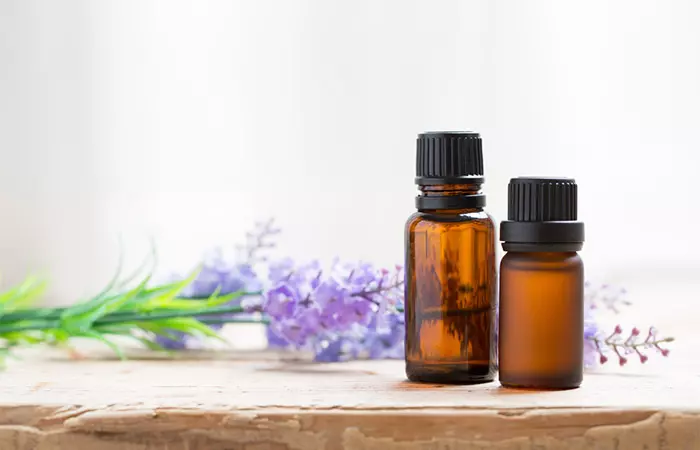
Lavender oil is known for its effectiveness in treating skin inflammation. However, avoid using it in high doses as it can cause irritation. Also, avoid leaving lavender essential exposed to air as it can oxidize, which can then cause skin irritation (5). Mix 2 drops of lavender oil and 2-3 drops of tea tree oil with a tablespoon of jojoba, olive, or sweet almond oil. Store it in a dark bottle. Use a Q-tip to apply the mixture of oils on your acne. Wash it off after keeping it on for 5-10 minutes. Use this natural remedy once daily.
3. Almond Oil And Tea Tree Oil
Sweet almond oil is a lightweight carrier oil that promotes skin hydration.
What To Do: Mix 2-3 drops of tea tree oil with a tablespoon of sweet almond oil and apply the mixture to the affected area once a day. You can wash it off after 5-10 minutes of application.
4. Tea Tree Oil And Baking Soda
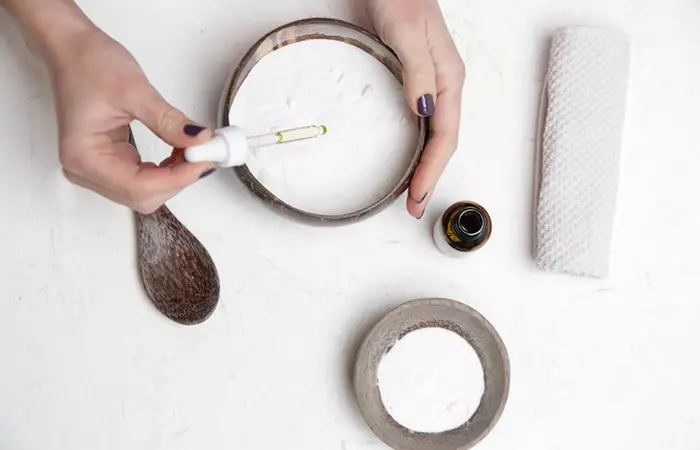
Baking soda is not recommended to be used on the skin as it is abrasive and can cause irritation. However, it is used in a few popular acne remedies as some people have found it beneficial.
What To Do: If you want to use it, mix 2-3 drops of diluted tea tree oil with a teaspoon of baking soda and apply it to the affected area. Do not rub. Leave it on for 5-10 minutes, then wash it off. Do not use baking soda on your face more than once or twice a week.
5. Lemon Juice And Tea Tree Oil
Lemon juice contains citric acid and vitamin C or ascorbic acid.
It is a popular acne remedy and may help in oil control because of its astringent astringenti The property of a substance that allows the skin's cells to contract to make the skin less oily or to stop tiny cuts from bleeding. effect (6).
What To Do: Dilute 3-4 drops of lemon juice in water. Add 2-3 drops of diluted tea tree oil to this mixture and apply it to your acne with a Q-tip. Leave it on for 5-10 minutes before washing it off.
Caution: Do not follow this remedy if you have sensitive skin as lemon juice may cause redness and irritation and exacerbate your acne.
6. Tea Tree Oil And Calamine Lotion
Calamine lotion
has anti-acne properties and is widely used to soothe and treat acne (7).
What To Do: Mix 2-3 drops of tea tree oil in a teaspoon of calamine lotion. Massage the mixture on the affected area. Leave it on overnight and wash your face the next day. Do this once a day regularly.
7. Tea Tree Oil And Witch Hazel
Witch hazel is known for its anti-inflammatory, skin-soothing, and astringent properties (8). Thus, it may be beneficial in treating acne when used along with tea tree oil.
What To Do: Mix 2-3 drops of tea tree oil with a teaspoon of witch hazel. Apply the mixture on the affected area with a cotton ball. Keep it on for 5-10 minutes before washing it off. Follow this remedy once daily.
8. Tea Tree Oil And Apple Cider Vinegar
Apple cider vinegar
(ACV) has no proven benefit for acne. However, anecdotal evidence suggests that it has skin-soothing and anti-inflammatory properties that may help in the treatment of acne along with skin rejuvenation.
What To Do: Mix 2-3 drops of tea tree oil with a tablespoon of ACV and apply it with a cotton ball as a toner. You may keep it on for 10-15 minutes before washing it off. Use it daily after facial skin cleansing.
9. Tea Tree Oil And Aloe Vera Gel
Aloe vera has anti-inflammatory and skin-soothing properties, which make it beneficial for treating acne (8). It is non-comedogenic.
What To Do: Scoop out a tablespoon of fresh aloe vera gel and blend it well with 2-3 drops of tea tree oil. Massage it all over the affected area and wash it off after 15 minutes.
10. Tea Tree Oil And Honey
Honey is rich in antioxidants, including flavonoids, vitamins, minerals, amino acids, and specific enzymes. Its non-comedogenic nature also makes it a suitable choice for addressing acne. With its antimicrobial, anti-inflammatory, antioxidant, healing, and cleansing properties, honey proves valuable in acne management (9).
What To Do: Mix 2 tablespoons of honey and 3-4 drops of tea tree oil in a small bowl. Apply the mixture to your clean, dry face, focusing on the acne-prone areas. Leave it on for 15-20 minutes, then rinse it off with warm water and pat your face dry. Do this 2-3 times a week for best results.
Risks Associated With Tea Tree Oil
Before using any of the above remedies, do a patch test with tea tree oil on your forearm to determine if you are allergic to it.
Avoid overusing tea tree oil. Excess use of tea tree oil may cause:
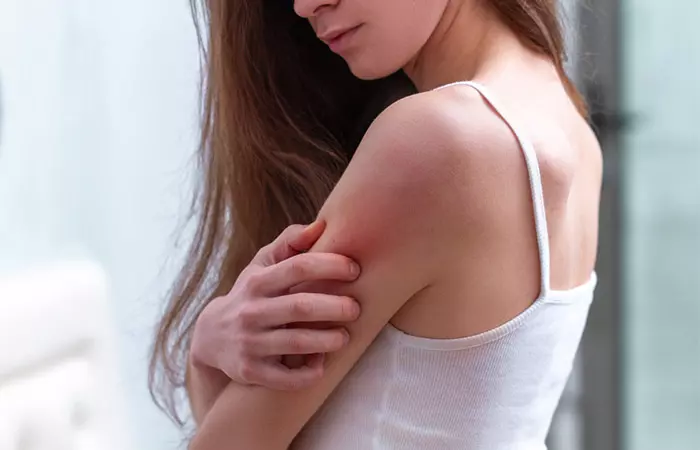
- Skin irritation
- Extreme dryness
- Imbalance in your skin’s pH
- Damage to the moisture repair barrier of your skin
- Increase in the photosensitivity of your skin (vulnerable to sun damage)
Hence, tea tree oil is generally used as a spot topical treatment. Here’s a checklist of what not to do when using tea tree oil.
Safety Tips To Follow While Using Tea Tree Oil
- Never apply tea tree oil all over your face. Use it only as a spot treatment.
- Never add tea tree oil to your face cream, serum, or any skincare product that you use all over your face.
- Do not cover the acne spots after dabbing tea tree oil on them.
- Do not use tea tree oil simultaneously with other acne treatment products (especially products containing retinoids, salicylic acid, benzoyl peroxide, or other active agents).
- Do not apply tea tree oil more than once a day.
- Never use tea tree oil on broken, irritated, scaly, or dry skin.
- Do not continue using tea tree oil if it burns or dries out your skin or causes redness.
- Do not go out in the sun after applying tea tree oil.
Using tea tree oil for acne may help soothe mild to moderate breakouts. Its anti-inflammatory and antimicrobial properties may soothe pain, swelling, and redness associated with acne. You may also use tea tree oil for blackheads and whiteheads and follow the recipes suggested in the article to soothe occasional breakouts. However, essential oils are extremely potent and may irritate the skin. Therefore, do a patch test to avoid irritation and allergic reactions. Also, if you have severe breakouts or hormonal acne, it is best to consult a doctor and follow the prescribed treatment method to get better results.
Frequently Asked Questions
How long does it take to treat acne with tea tree oil?
If it suits your skin, it will take at least a month to show results.
How should you dilute tea tree oil for acne treatment?
You can dilute it with any carrier oil, such as jojoba or almond oil.
How often should you use tea tree oil on acne?
Once a day or every alternate day.
Does tea tree oil help with acne scars?
There is no such scientific evidence that proves that tea tree oil works on acne. However, tea tree oil may reduce the formation of scars by preventing acne breakouts.
Can you put tea tree oil directly on your skin?
It is better not to do so as it might irritate your skin.
Can I mix tea tree oil with moisturizer?
Yes, you can mix tea tree oil with some carrier oil or moisturizer for pimple prevention and moisturize your skin at the same time.
Illustration: Tea Tree Oil For Acne – Benefits, Uses, Risks, And More
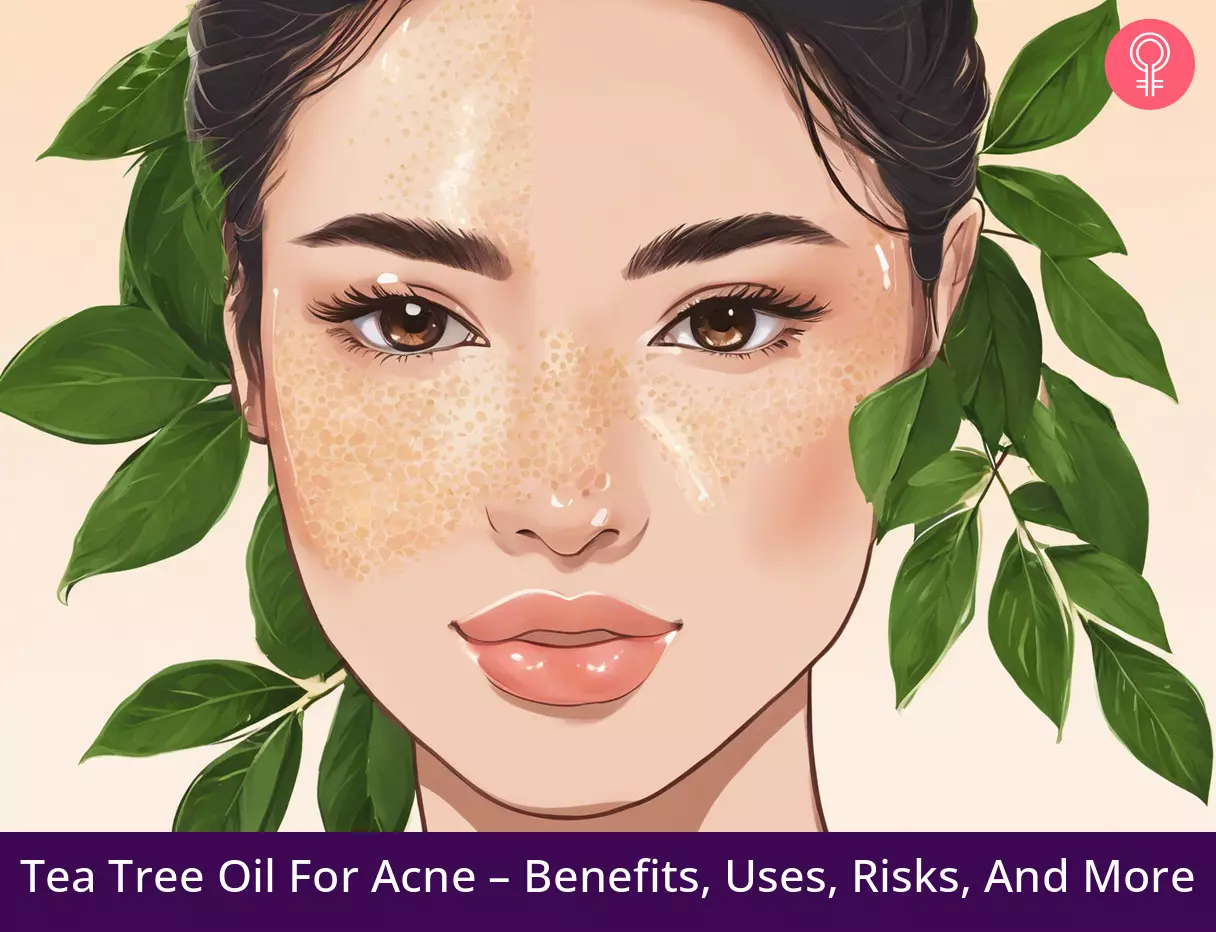
Image: Stable Diffusion/StyleCraze Design Team
Check out the video below that shows the effects of directly applying tea tree oil to remove acne. Discover the real-life experiences and outcomes of using this natural remedy on the skin.
Personal Experience: Source
StyleCraze's articles are interwoven with authentic personal narratives that provide depth and resonance to our content. Below are the sources of the personal accounts referenced in this article.
i. Tea tree oil and acne prone skin!!!https://beautyjunkiedunja.blogspot.com/2016/09/tea-tree-oil-and-acne-prone-skin.html
References
Articles on StyleCraze are backed by verified information from peer-reviewed and academic research papers, reputed organizations, research institutions, and medical associations to ensure accuracy and relevance. Read our editorial policy to learn more.
- Melaleuca alternifolia (Tea Tree) Oil: a Review of Antimicrobial and Other Medicinal Properties, Clinical Microbiology Reviews, US National Library of Medicine, National Institutes of Health.
https://www.ncbi.nlm.nih.gov/pmc/articles/PMC1360273/ - Development and Preliminary Cosmetic Potential Evaluation of Melaleuca alternifolia cheel (Myrtaceae) Oil and Resveratrol for Oily Skin, Journal of Dermatology Research and Therapy, ClinMed International Library.
https://clinmedjournals.org/articles/ijdrt/journal-of-dermatology-research-and-therapy-ijdrt-2-032.php?jid=ijdrt - A comparative study of tea-tree oil versus benzoyl peroxide in the treatment of acne, The Medical Journal of Australia, US National Library of Medicine, National Institutes of Health.
https://pubmed.ncbi.nlm.nih.gov/2145499/ - Tea Tree Oil, TOXNET, US National Library of Medicine, National Institutes of Health.
https://toxnet.nlm.nih.gov/cgi-bin/sis/search/a?dbs+hsdb:@term+@DOCNO+8193 - Effect of Lavender (Lavandula angustifolia) Essential Oil on Acute Inflammatory Response, Evidence-Based Complementary and Alternative Medicine, US National Library of Medicine, National Institutes of Health.
https://www.ncbi.nlm.nih.gov/pmc/articles/PMC5878871/ - Development of a lemon cutting machine, Journal Of Food Science And Technology, US National Library of Medicine, National Institutes of Health.
https://www.ncbi.nlm.nih.gov/pmc/articles/PMC4252431/ - Zinc Therapy in Dermatology: A Review, Dermatology Research And Practice, US National Library of Medicine, National Institutes of Health.
https://www.ncbi.nlm.nih.gov/pmc/articles/PMC4120804/ - Moisturizers for Acne, The Journal of Clinical and Aesthetic Dermatology, US National Library of Medicine, National Institutes of Health.
https://www.ncbi.nlm.nih.gov/pmc/articles/PMC4025519/ - Medicinal and cosmetic uses of Bee’s Honey – A review
https://www.ncbi.nlm.nih.gov/pmc/articles/PMC3611628/
Read full bio of Dr. Hari Hara Sudhan
Read full bio of Ramona Sinha
Read full bio of Eshna Das
Read full bio of Krati Darak






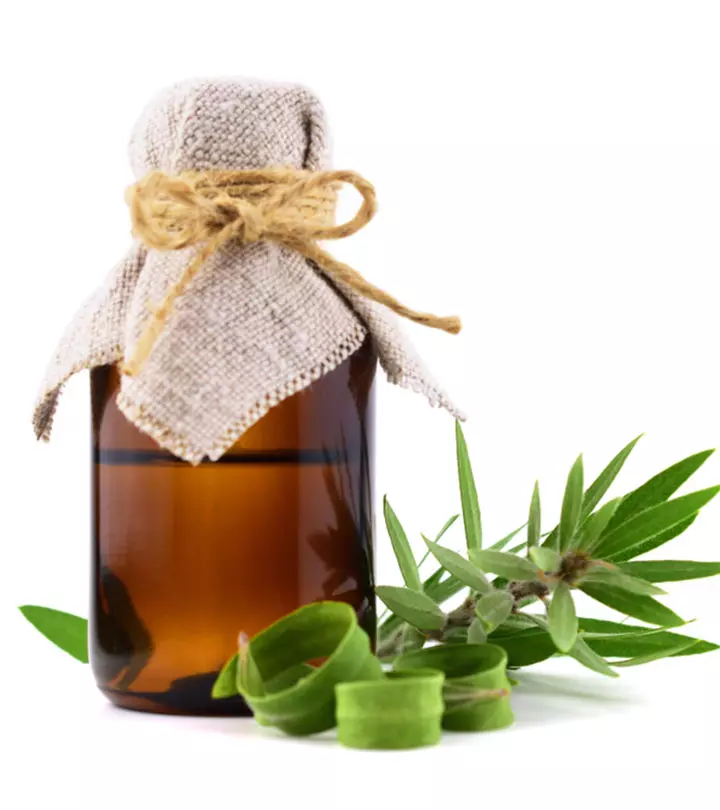
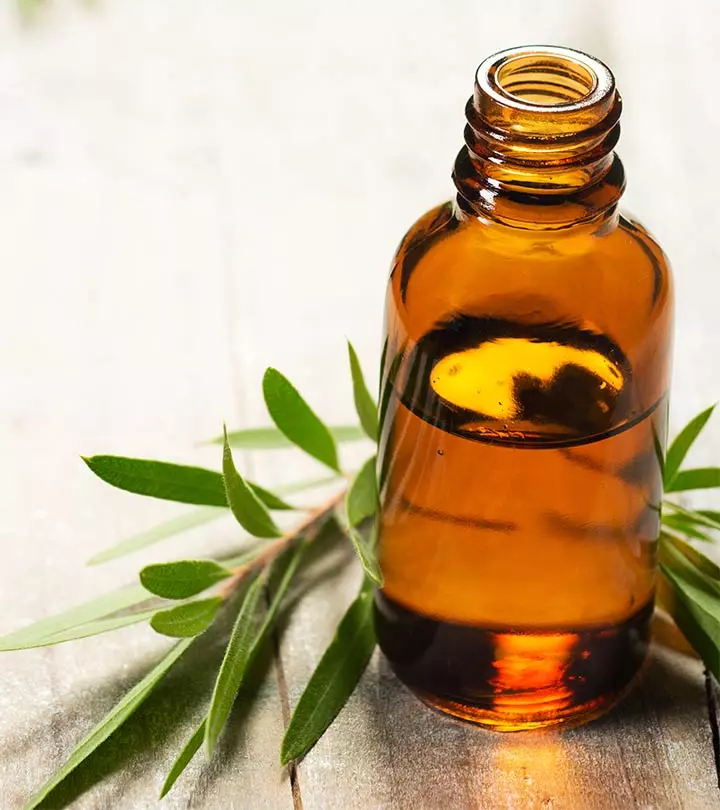
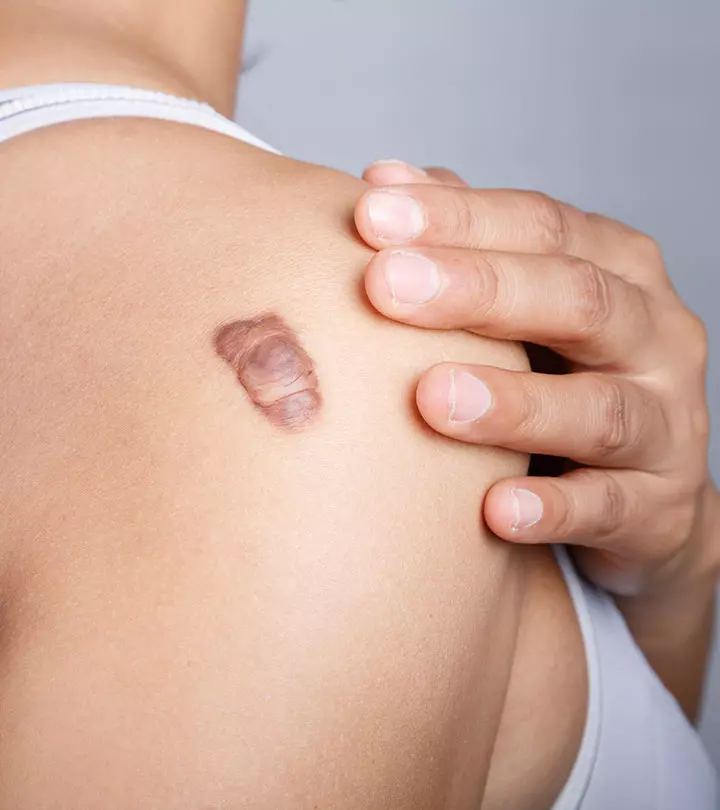
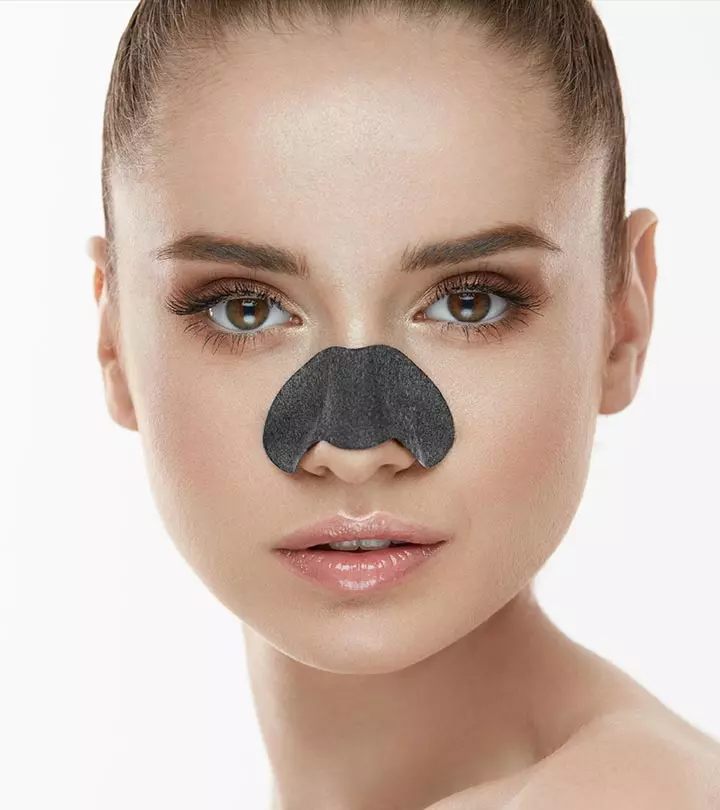
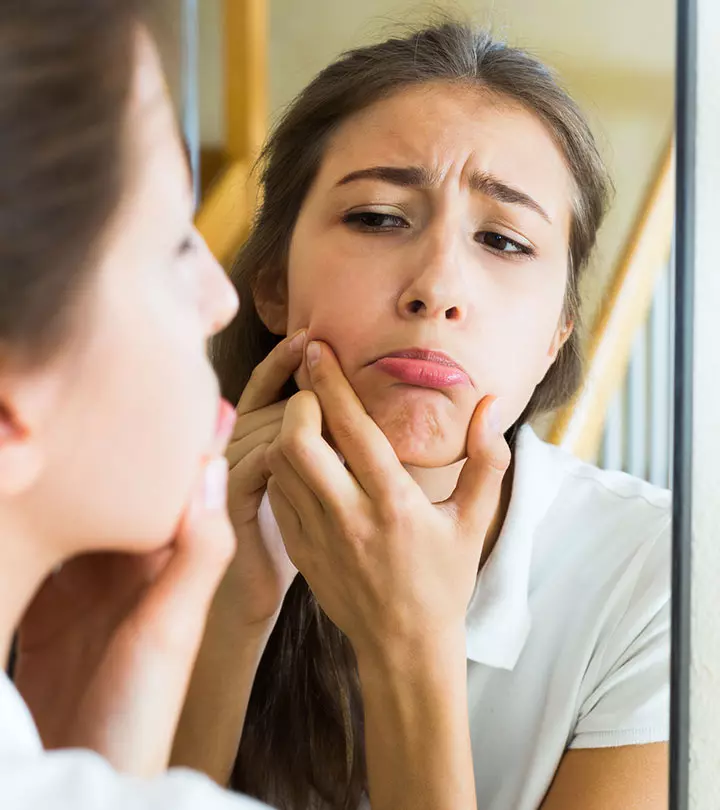
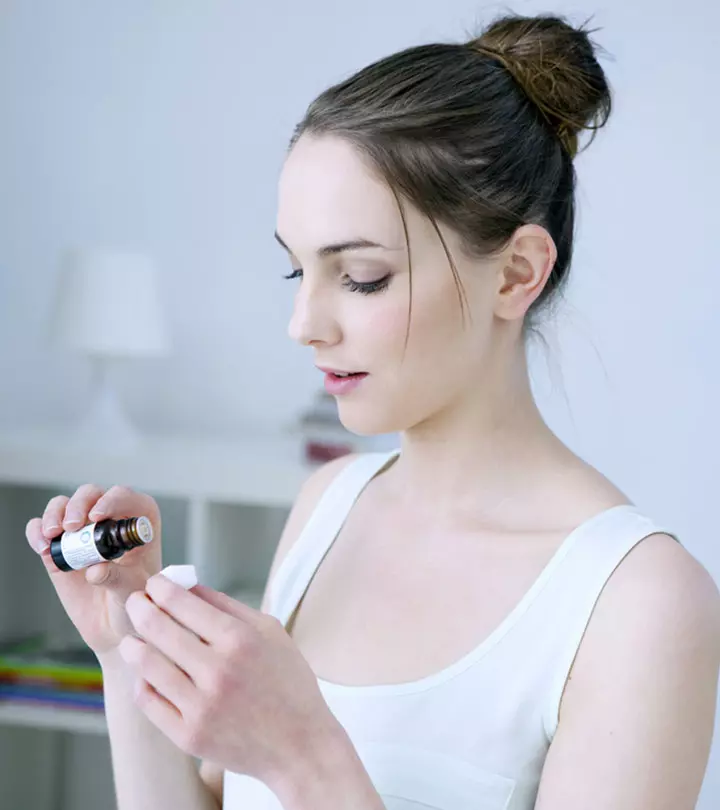
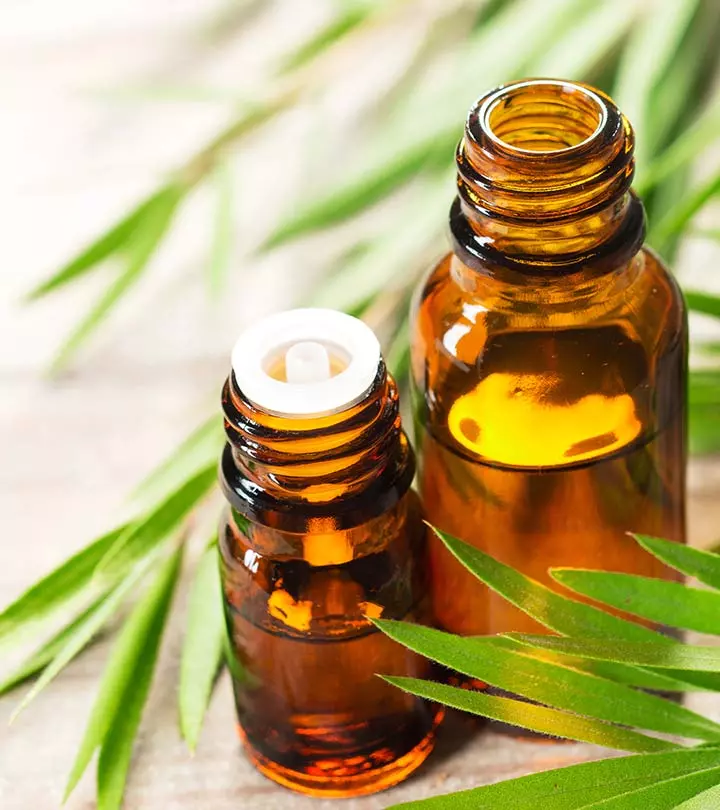
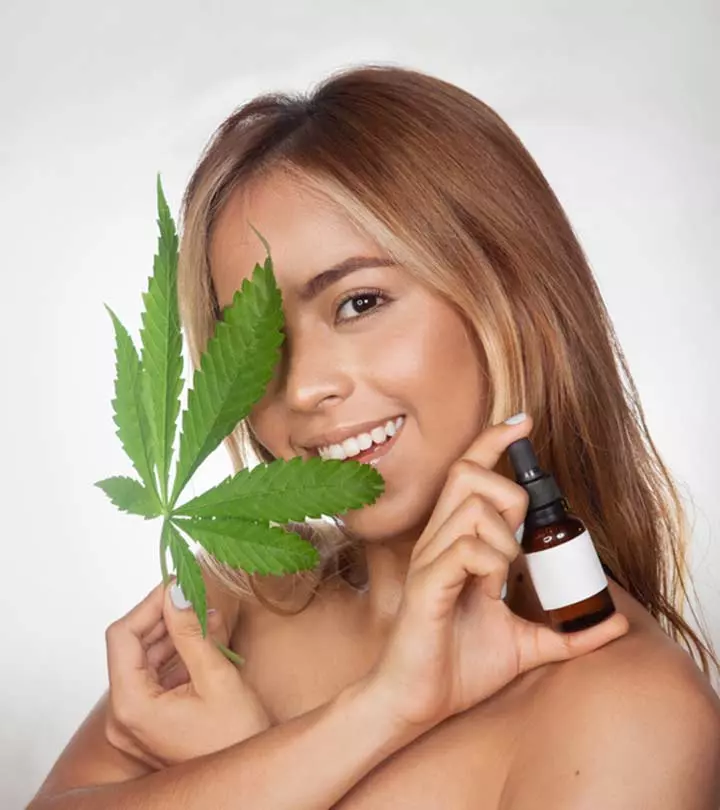
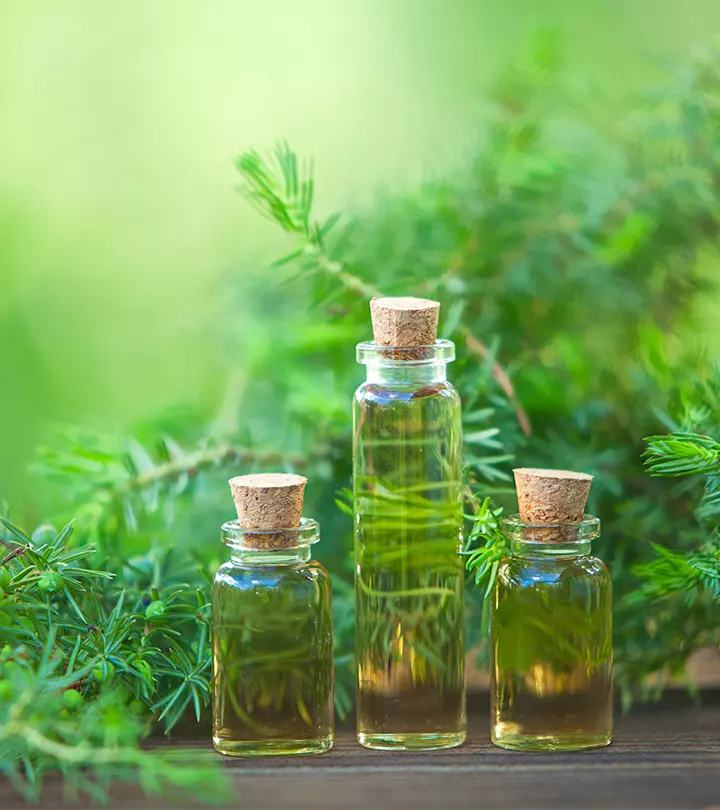
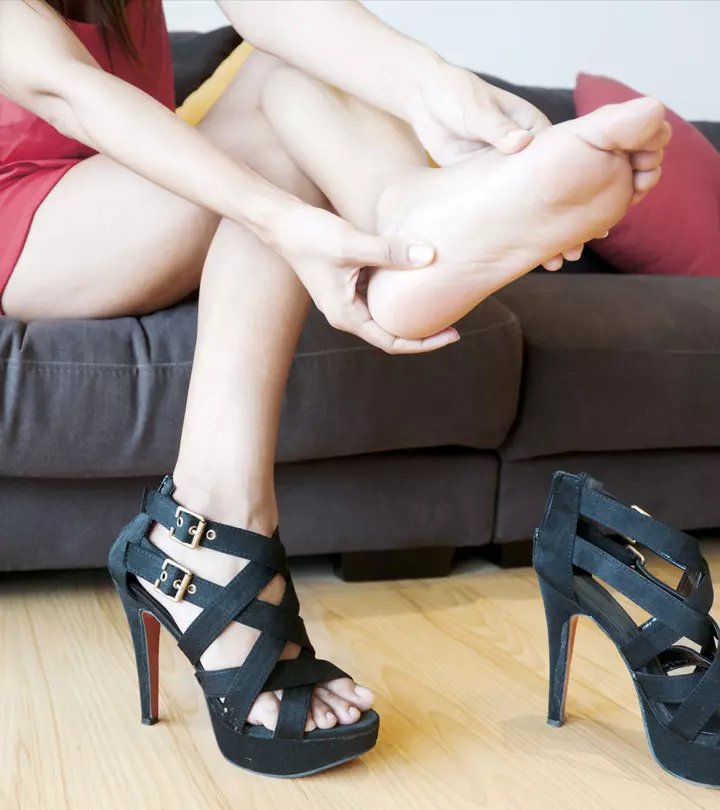


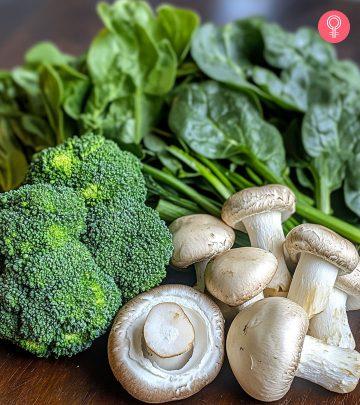

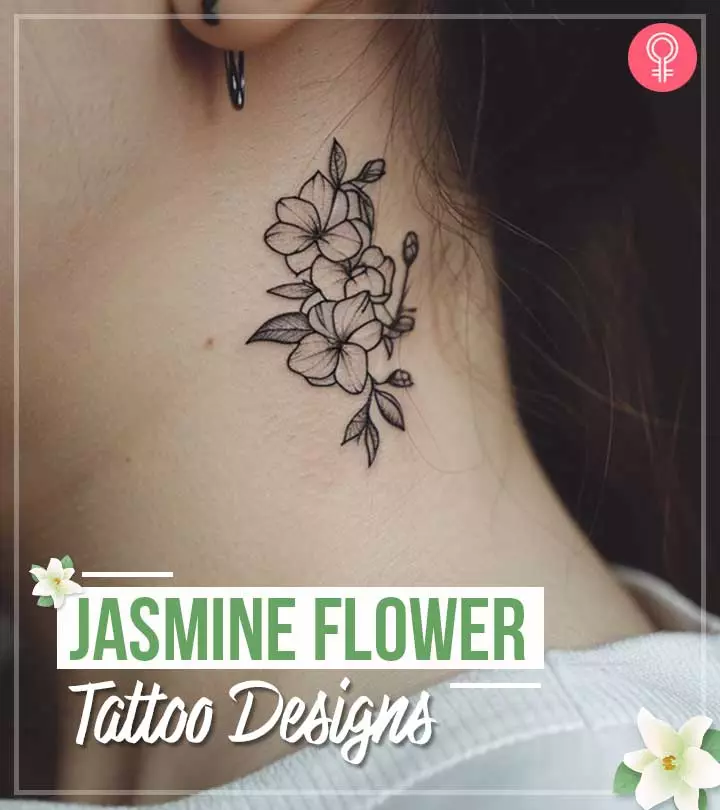


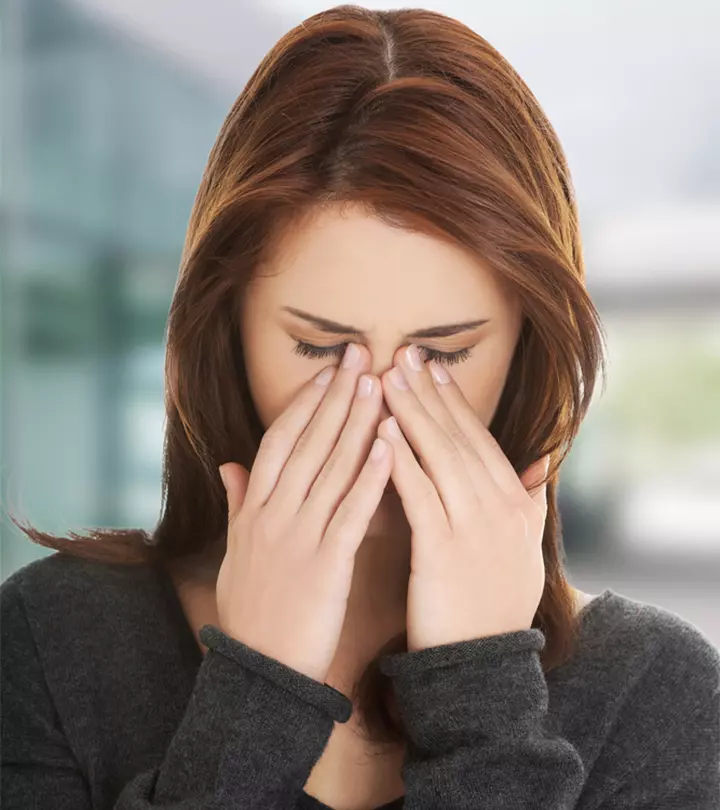



Community Experiences
Join the conversation and become a part of our empowering community! Share your stories, experiences, and insights to connect with other beauty, lifestyle, and health enthusiasts.